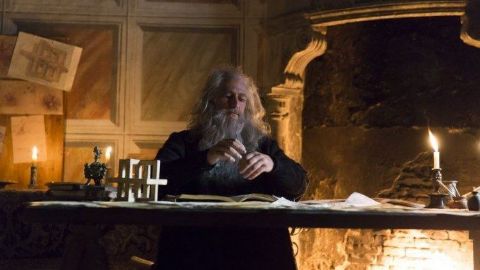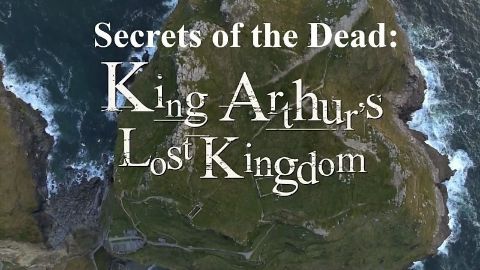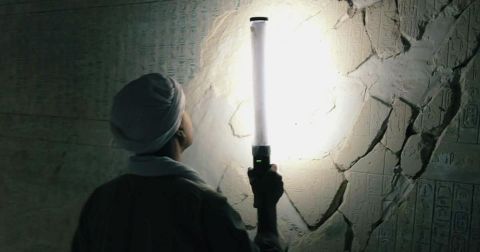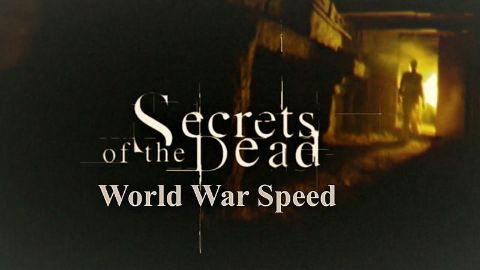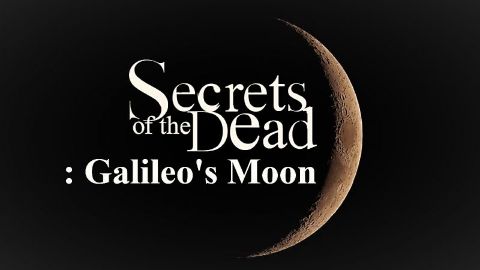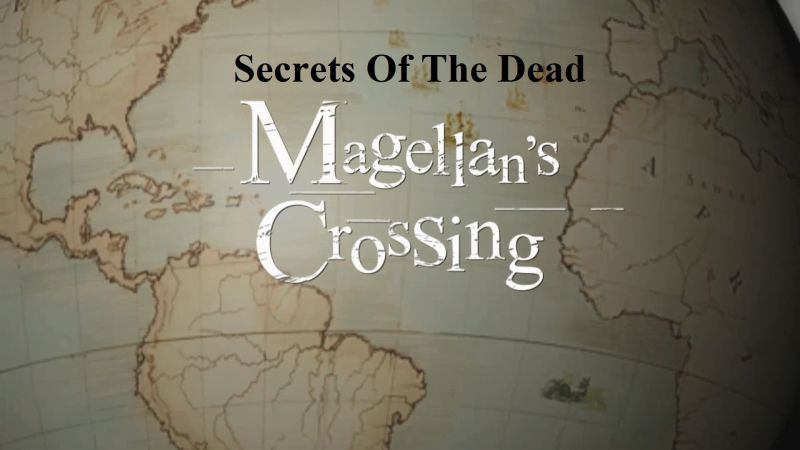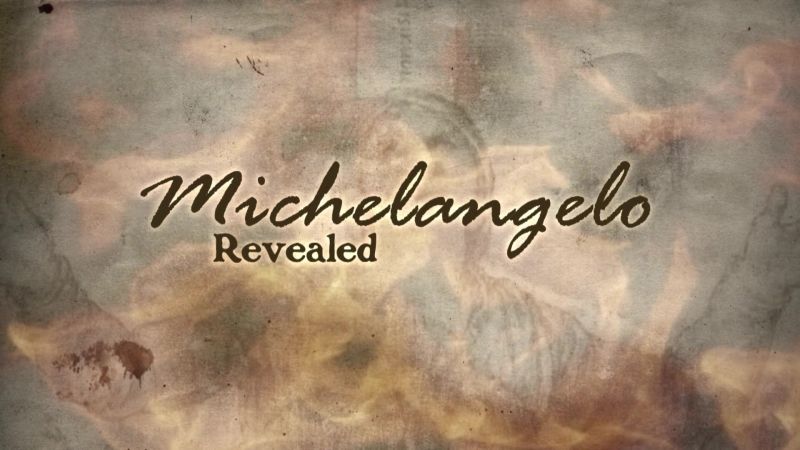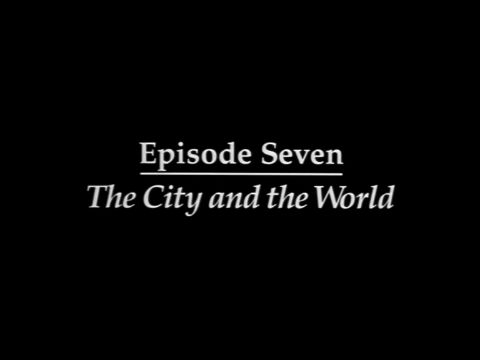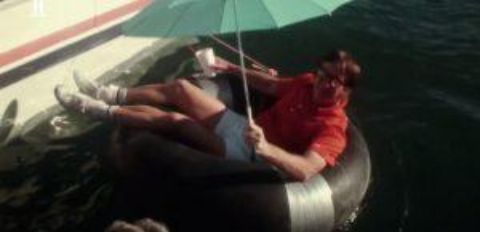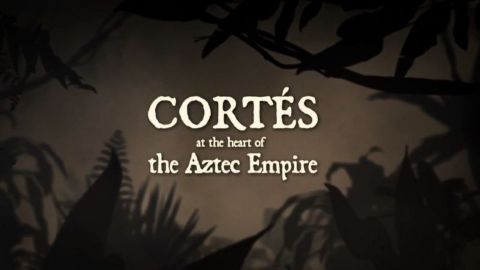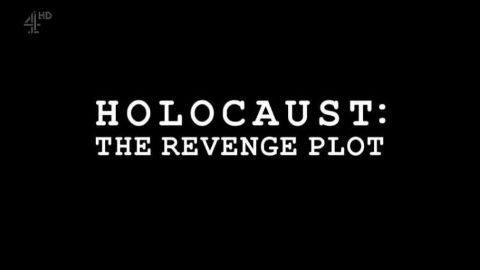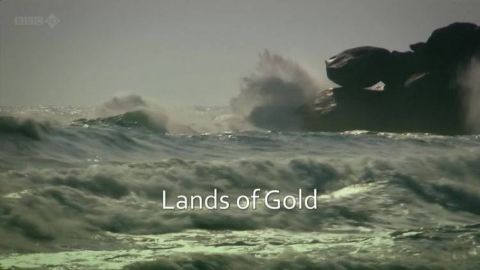King Arthur's Lost Kingdom • 2019 • Secrets of the Dead
After four centuries of occupation and leadership, the Romans left Britain in 410 AD and the island’s fate was left hanging in the balance. History teaches that in the 5th century, the country descended into a tumultuous and violent period knows as the Dark Ages, leaving the nation vulnerable to invading Angle and Saxon hordes from northern Europe. With a nation divided, great leader known as King Arthur emerged, uniting the lawless lands to fight off invaders – or at least that’s what the fragmentary historical texts suggest. The truth is, no one really knows what happened, and this pivotal moment in history has been shrouded in mystery – until now. Professor Alice Roberts and a team of experts use new archaeological discoveries to decode Dark Ages myths and piece together a very different story of this turning point in Britain’s history that might also explain the legend of King Arthur.
Make a donation
Buy a brother a hot coffee? Or a cold beer?
Hope you're finding these documentaries fascinating and eye-opening. It's just me, working hard behind the scenes to bring you this enriching content.
Running and maintaining a website like this takes time and resources. That's why I'm reaching out to you. If you appreciate what I do and would like to support my efforts, would you consider "buying me a coffee"?
Donation addresses
BTC: bc1q8ldskxh4x9qnddhcrgcun8rtvddeldm2a07r2v
ETH: 0x5CCAAA1afc5c5D814129d99277dDb5A979672116
With your donation through , you can show your appreciation and help me keep this project going. Every contribution, no matter how small, makes a significant impact. It goes directly towards covering server costs.
